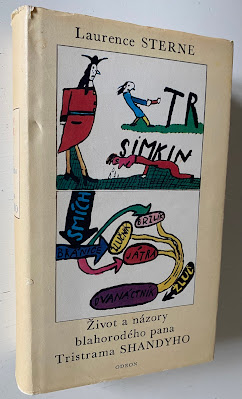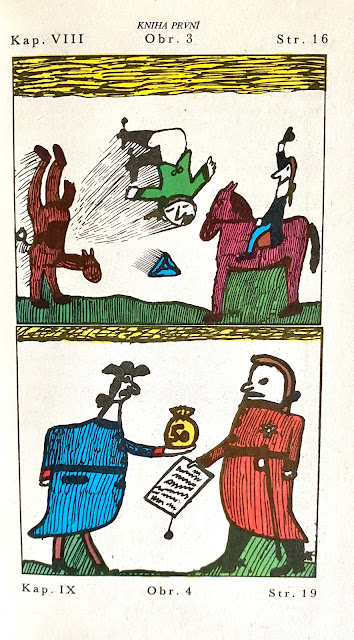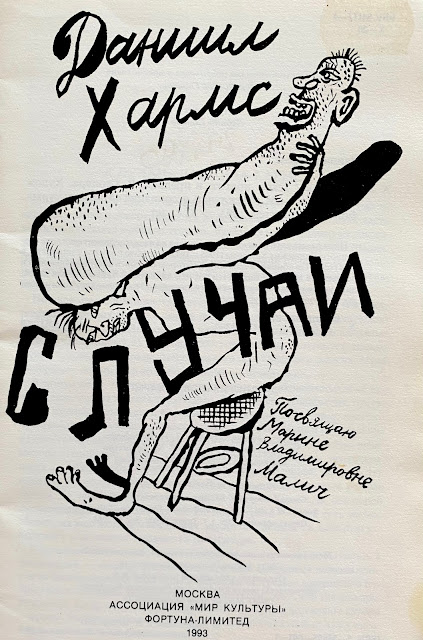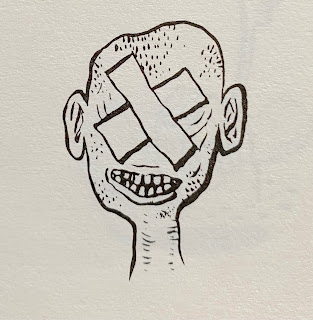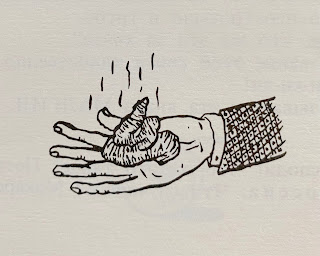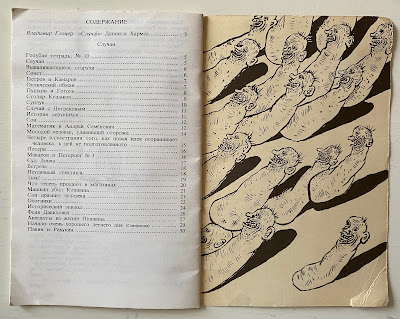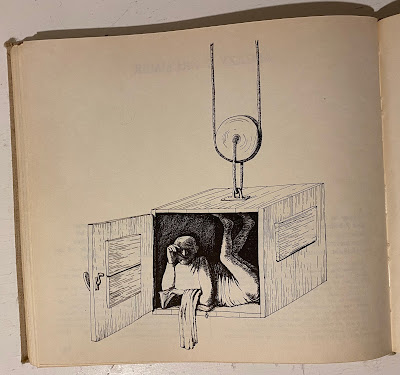Here a Devil of a rap at the door snapp’d my father’s definition (like his tobacco-pipe) in two,---and, at the same time, crushed the head of as notable and curious a dissertation as ever was engendered in the womb of speculation.
Vol. II, Chap. VIII
My uncle Toby had scarce a heart to retaliate upon a fly.
—Go,---says he, one day at dinner, to an over-grown one which had buzz’d about his nose, and tormented him cruelly all dinner-time,—and which, after infinite attempts, he had caught at last, as it flew by him,---I'll not hurt thee, says my uncle Toby, rising from his chair, and going a-cross the room, with the fly in his hand,---I’ll not hurt a hair of thy head:---Go, says he, lifting up the sash, and opening his hand as he spoke, to let it escape,—go poor Devil, get thee gone, why should I hurt thee?----This world surely is wide enough to hold both thee and me.
Vol. II, Chap. XII
“May he be damn’d in his mouth, in his breast, in his heart and purtenance, down to the very stomach. May he be cursed in his reins, and in his groin,” (God in heaven forbid, quoth my uncle Toby)—“in his thighs, in his genitals,” (my father shook his head) “and in his hips, and in his knees, and feet, and toe-nails.”
Vol. III, Chap. XI
He consider’d rather Ernulphus’s anathema, as an institute of swearing, in which, as he suspected, upon the decline of swearing in some milder pontificate, Ernulphus, by order of the succeeding pope, had with great learning and diligence collected together all the laws of it;——fir the same reason that Justinian in the decline of the empire, had ordered his chancellor Tribonian to collect the Roman or civil laws all together into one code or digest,—lest through the rust of time,—and the fatality of all things committed to oral tradition, they should be lost to the world for ever.
Vol. III, Chap. XII
“Good God!” cried my uncle Toby, “are children brought into the world with a squirt?”
Vol. III, Chap. XV
“Nihil me poenitet hujus nasi,” quoth Pamphagus;——“My nose has been the making of me.”—“Nec est cur poeniteat,” replies Cocles; that is, “How the duce should such a nose fail?”
Vol.III, Chap. XXXVII
With all this learning upon Noses running perpetually in my father's fancy—with so many family prejudices—and ten decads of such tales running on for ever along with them—how was it possible with such exquisite—was it a true nose?—
Vol. IV, Chap. I
My father instantly exchanged the attitude he was in, for that in which Socrates is so finely painted by Raffael in his school of Athens; which your connoisseurship knows is so exquisitely imagined, that even the particular manner of the reasoning of Socrates is expressed by it—for he holds the fore-finger of his left-hand between the fore-finger and thumb of his right, and seems as if he was saying to the libertine he is reclaiming—“You grant me this—and this: and this, and this, I don’t ask of you—they follow of themselves in course.”
Vol. IV, Chap. VII
Though man is of all others the most curious vehicle, said my father, yet at the same time ’tis of so slight frame and so totteringly put together, that the sudden jerks and hard jostlings it unavoidably meets with in this rugged journey, would overset and tear it to pieces a dozen times a day—was it not, brother Toby, that there is a secret spring within us—Which spring, said my uncle Toby, I take to be Religion.
Vol. IV, Chap. VIII
There is something, Sir, in fish-ponds—but what it is, I leave to system builders and fish pond diggers betwixt ’em to find out—but there is something, under the first disorderly transport of the humours, so unaccountably becalming in an orderly and a sober walk towards one of them, that I have often wondered that neither Pythagoras, nor Plato, nor Solon, nor Licurgus, nor Mahomet, nor any of your noted lawgivers, ever gave order about them.
Vol. IV, Chap. XVII









